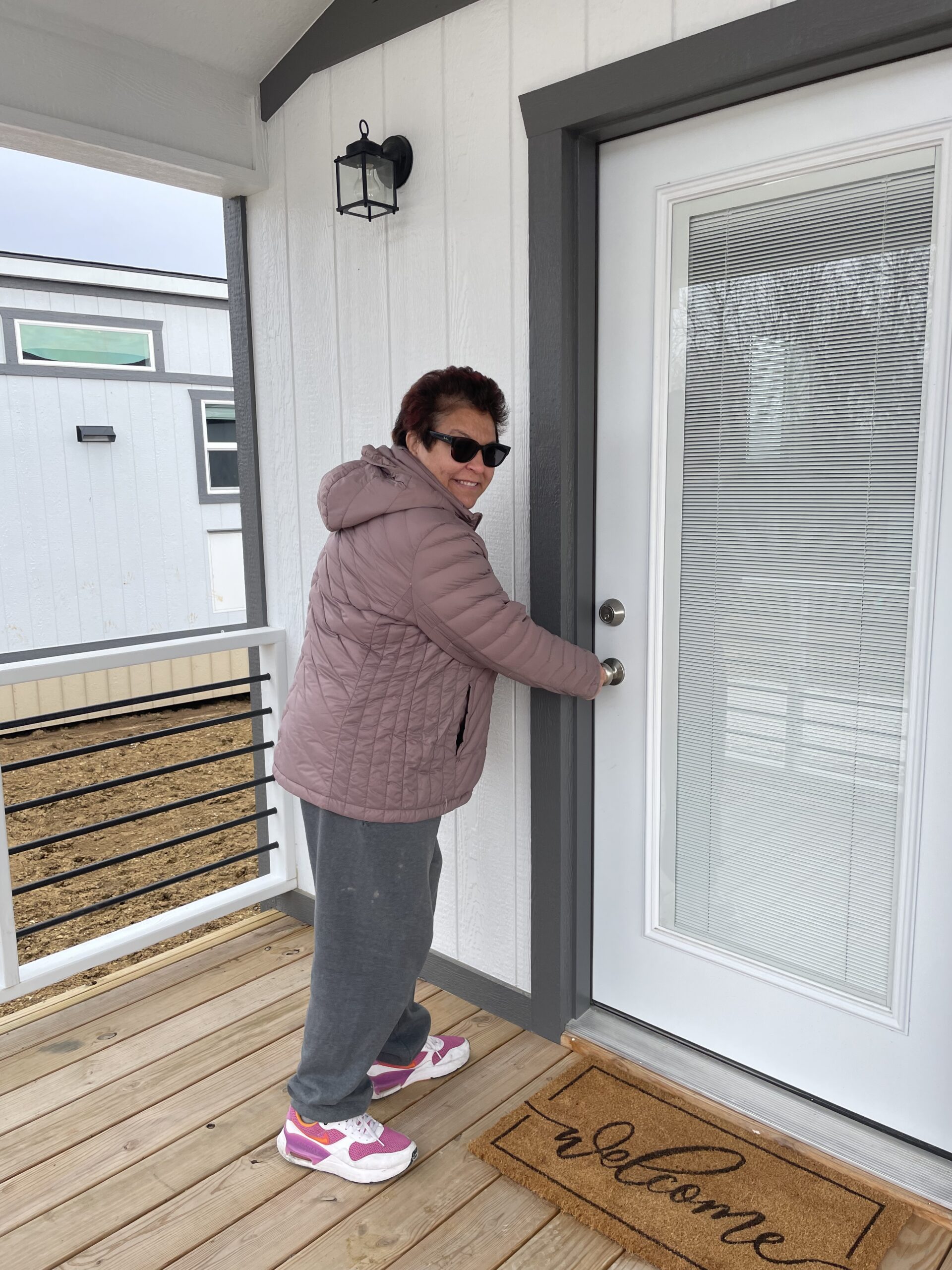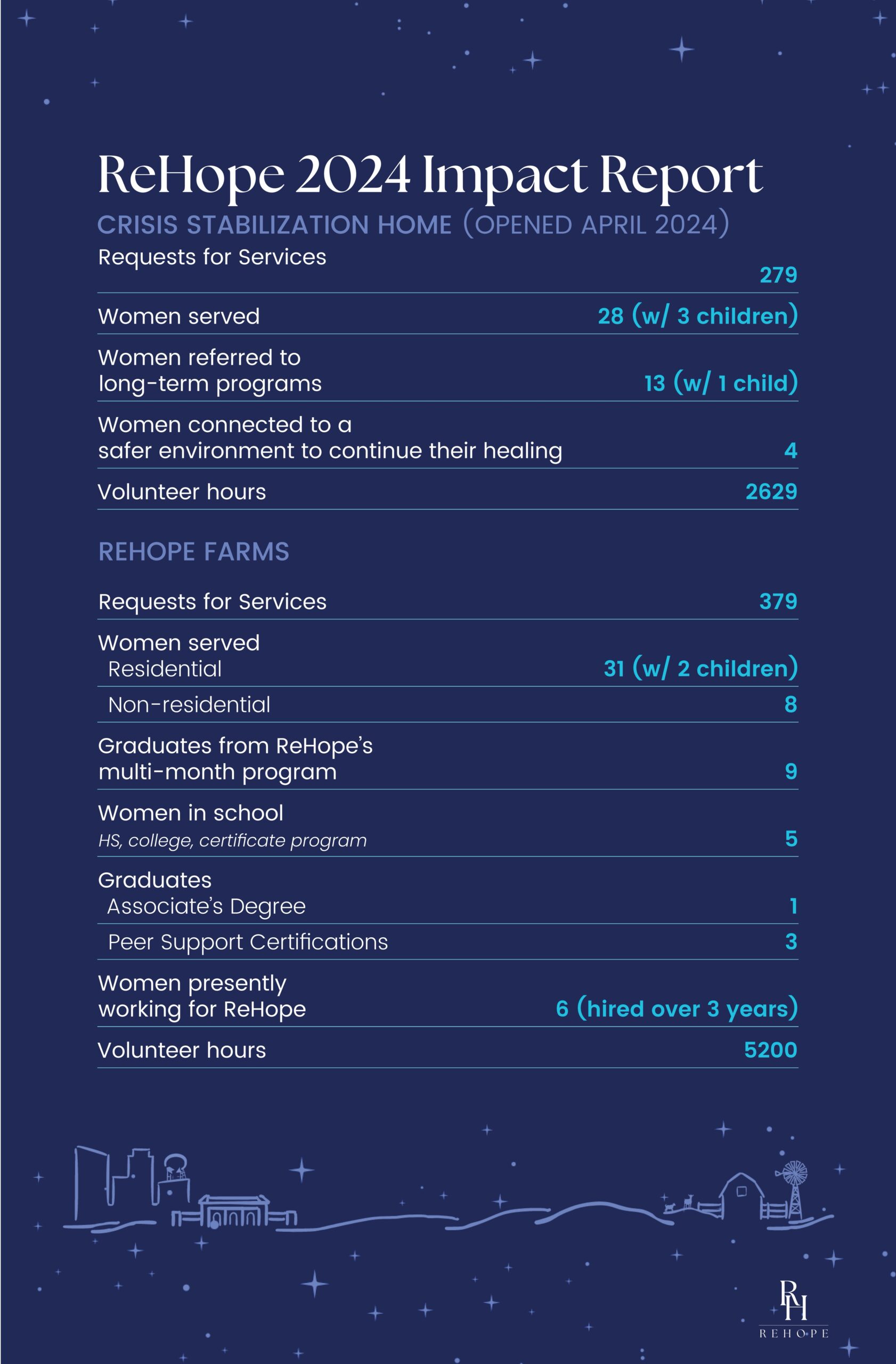developer@segalomedia.com . November 15, 2023
When The Body Says No

Jayla is a 28-year-old female. She was sexually abused from the ages of 5-8 years old by her mom’s boyfriend. Once she disclosed the abuse, she was removed from her home and was in foster care until she was 10 years old. At the age of 10 she went back home, but at this point her mom was addicted to Fentanyl and wasn’t present physically or emotionally. By the age of 15, Jayla was failing school, she was taking care of her younger siblings, and felt completely unseen and unloved. Jayla was introduced to an 18-year-old male by her friends at a party and he became her “boyfriend”. It’s exciting at first and Jayla finally feels the “love” she’s been desperately longing for, until things take a dark turn. Her boyfriend starts to pimp her out to sex buyers. He promised it wouldn’t be very often, it was, “Just to help pay bills”, but now at the age of 28, Jayla has been sold to more sex buyers than she can count. Her life is a blur of degrading sex acts, transactions, drugs, and being numbed out. Jayla is exhausted and her body is starting to feel it too. She’s been diagnosed with irritable bowel syndrome, she has chronic back and neck pain, and her latest diagnosis of ovarian cancer is more than she can wrestle with at the moment. She hates going to the doctor or receiving treatment, because she feels like they always judge her when she’s there and they don’t offer any real help.
Jayla’s story is not unique. Many survivors of extreme trauma end up with illnesses in their body, because of the chronic stress they have experienced. It’s well documented that chronic stress will manifest in our bodies over time as illness. For many survivors of trafficking, not only have they experienced stress and trauma in their childhood, but they’ve endured the horrors of being trafficked, which compounds the stress.

All of the stress creates high levels of hormones in the body, it suppresses the immune system, and the nervous system is completely dysregulated. Diagnoses that have been correlated with chronic stress are (but not limited to): autoimmune diseases, cancer, heart disease, asthma, eczema, type 2 diabetes, irritable bowel syndrome, Crohn’s disease, acid reflux, and many others. In fact, it’s estimated that up to 85% of illnesses have a link to stress.
For many trafficking survivors, the onset of the symptoms comes at an early age, and they often have multiple medical conditions. Unfortunately, western medicine does not emphasize the fact that our minds and bodies are connected, and medical providers can often dismiss trauma as a root cause of illness.
Sadly, many survivors are written off as “psychiatric” patients, when there isn’t an apparent cause for their symptoms, because healthcare workers do not understand the trauma-stress-illness connection.
Chronic stress doesn’t just come from extreme trauma, like a trafficking situation. Many people working in the anti-trafficking movement also experiences chronic stress from secondary trauma, a lack of boundaries (feeling like you can’t say no or take a break), repressing emotions, not having conflict resolved in a healthy way, or repressing anger or grief. These dynamics also create illness in the body as well as burn out.
Some practical ways that chronic stress can start to be moved out of the body is through somatic therapy. This can sometimes be more helpful to people with trauma than talk therapy, because it incorporates body movement into the therapy sessions.
It’s also important to help survivors advocate in a medical setting, if a provider is not taking their symptoms or illness seriously.
For more information on this topic, check out the book “When the Body Says No” by Gabor Mate, which clearly connects stress and illness and gives practical ways to help our bodies heal.





